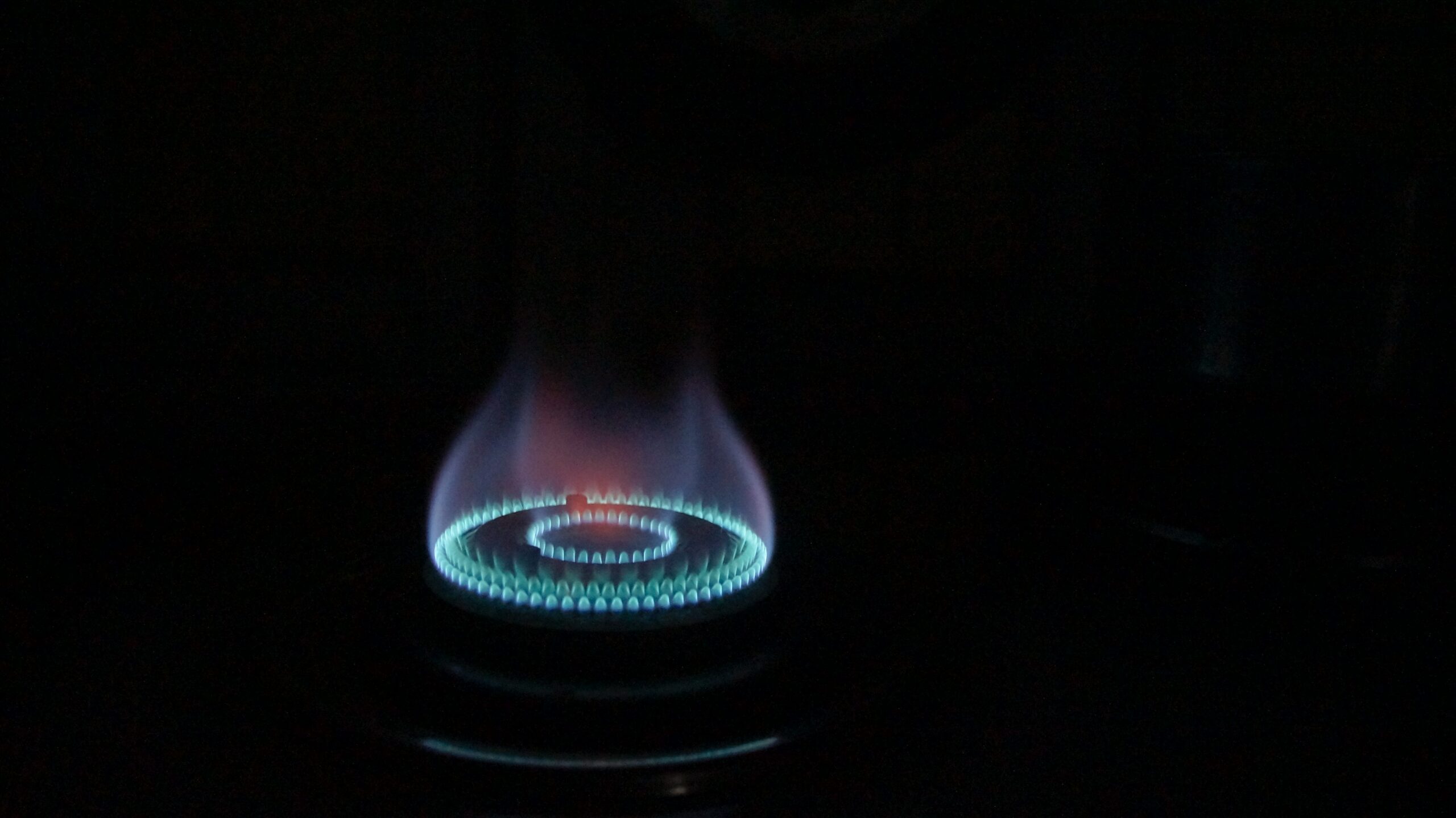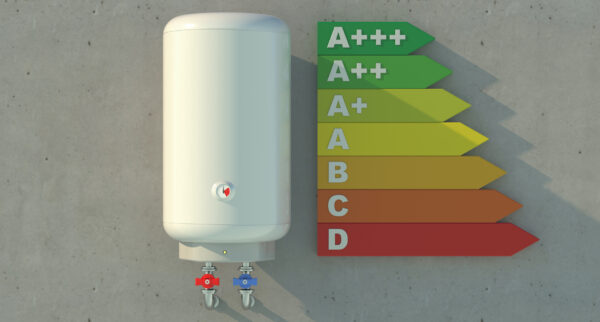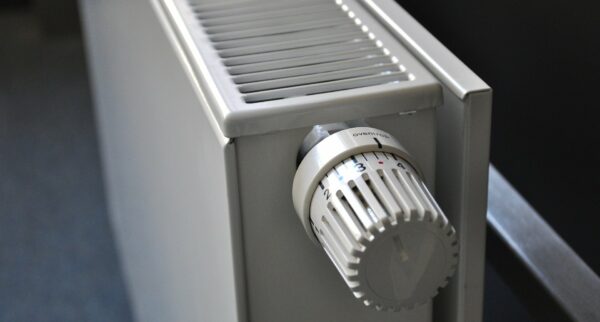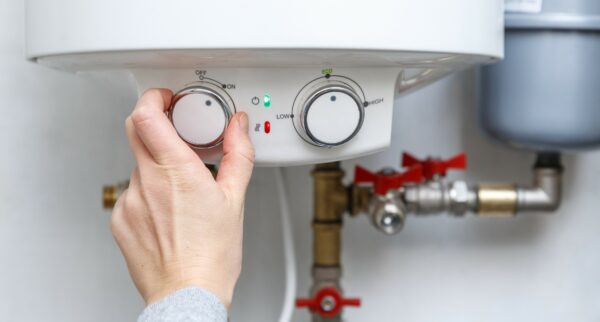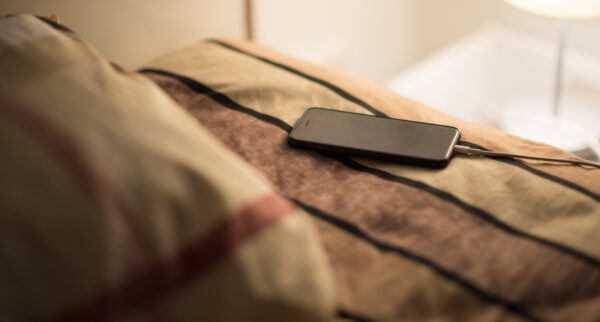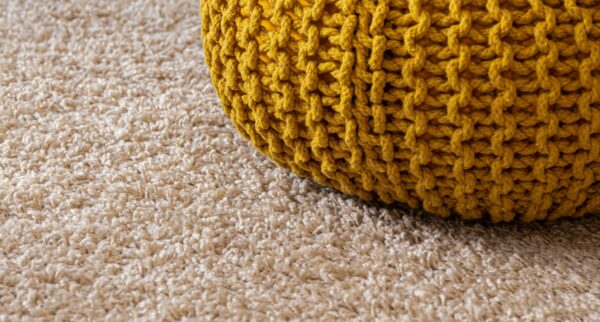Call us today 0207 32 32 999
Periods of fine weather are the ideal time to check that your home is gas safe. As useful as gas is for cooking and heating our homes, it can also be incredibly dangerous. With this in mind, it makes sense to ensure that your gas appliances are in great condition and present no danger to yourself or your family.
There are various potential threats caused by faulty gas compliances in the home, and one of the biggest threats of all is carbon monoxide.
Table of Contents
ToggleWhat is Carbon Monoxide?
Carbon monoxide is a type of gas that is something found leaking out from a faulty or improperly installed gas appliance. It is produced when the gas that’s fed to your house in pipes is not burning as it should be.
Carbon dioxide has a chemical make-up consisting of 1 carbon and 1 oxygen atom, whereas the oxygen that we breathe from the air consists of 2 oxygen molecules. Carbon monoxide has a far greater affinity to the iron in our blood cells than oxygen does, meaning it will be absorbed into the bloodstream ahead of oxygen. The result is that the body gets less of the oxygen that it needs, potentially resulting in a fatality. Carbon monoxide is also highly flammable and so much as a spark could cause an explosion.
One of the most dangerous characteristics of carbon monoxide is that it’s undetectable to us with specialist equipment. It has no odour, no taste, and is invisible, meaning it can be all around us and we would not know, except for the symptoms it will cause.
Carbon Monoxide Symptoms
Carbon monoxide may be undetectable but the way it makes us feel can alert us to its presence. If there is carbon monoxide in the home then people will begin feeling unwell with symptoms similar to the flu. Other symptoms include:
- Headaches
- Light-headedness
- Confusion
- Dizziness
- Vomiting
- Tiredness
- Blurred Vision
If these symptoms come on suddenly then you should get everybody out of the home immediately. Get to a safe location away from your home and call the fire brigade and an ambulance if anybody is feeling ill.
Other Signs of a Gas Leak in the Home
As well as the symptoms caused by carbon monoxide, there are other ways to tell that there is a gas leak in your home:
Odour
Although carbon dioxide is odourless, the gas that carbon monoxide comes from is not and it is also potentially very dangerous. Fortunately, the gas that is piped to our homes has a strong and unpleasant rotten egg odour that alerts us that there’s a leak. If you do notice this smell then you should open all windows and doors, turn off your gas supply, and get everybody out of the home. Also avoid flicking any switches, lighting cigarettes, or doing anything else that might ignite the gas.
Visible damage
If there is a gas leak from your boiler then you might notice black stains on the boiler or in the area around the boiler. Also note any rust or other corrosion of pipes that might cause gas to leak out.
Boiler flame
The flame in your boiler should be blue in colour. If it is yellow or orange instead of blue then the gas is not being burned properly and carbon monoxide might be being released as a result.
How to Keep Your Home Gas Safe?
Although gas can present a very real danger in your home, it is still usually very safe to use when good quality installations are fitted properly. As well as looking out for the tell-tale signs above, you can also take proactive steps to help prevent problems from occurring.
One safety measure that every household should adopt is to have a carbon monoxide detector installed that will alarm you if carbon monoxide is present. Check on the detector regularly to ensure it’s working, and make sure everybody in the house knows what the alarm sounds like.
You should also try and keep flammable items away from your boiler and also make sure that there’s no clutter around the meter. This way, there will be easy access to the meter in the case of an emergency.
Get Regular Maintenance
Perhaps the most effective way of keeping your home gas safe is to make sure that your appliances are installed by fully qualified technicians. You should never try to install a gas appliance yourself if you are not fully qualified and accredited to do so. Also make sure to have your boiler and gas appliances regularly serviced by a gas safe registered professional to help ensure everything is in working order and minimise risk.
Call us today to learn more or book your boiler in for its next maintenance check.
